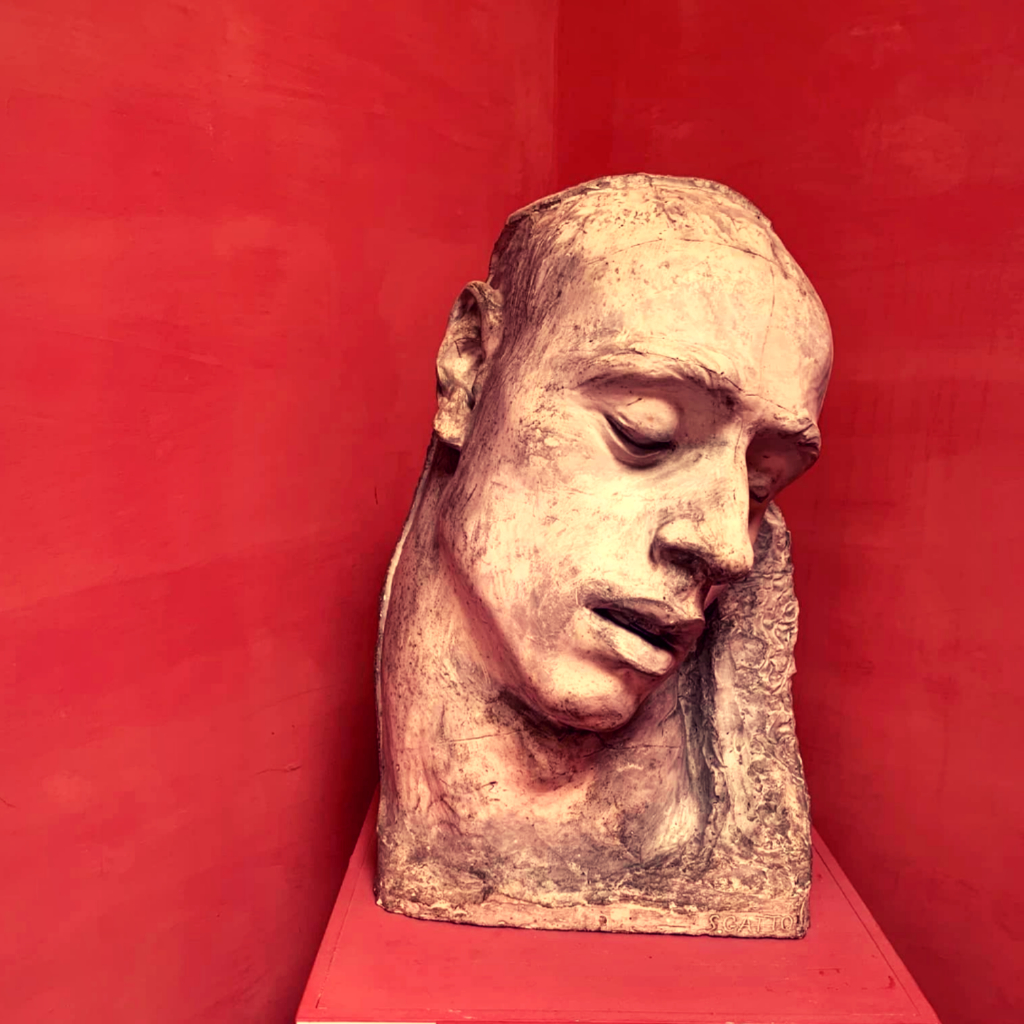Schubert’s piano sonatas remained uncharted territory for some time. Their unique character and vision, their lack of common form, their touching Viennese ease and lyricism gave rise to vague guesses.
The great pianists came to pay tribute to them, led by pioneers such as Schnabel, Edward Erdman and Kempf. Of these, Kempf occupies a unique place, and no other pianist has spoken to Schubert about his recent transcendence of earthly pain and suffering.
Kempff was a very multifaceted artist but perhaps the best union he had with Schubert. He was certainly among the first to be interested and to perform Schubert in a systematic way when the composer was still for many “a mysterious object”. Kempff’s Schubert is characterized by great sing ability and clarity … the fullness of the sound is never lost despite the sharpness. He is a very very balanced Schubert. Inspiration is perfectly combined with clarity as rigor and imagination go hand in hand.
For Kempf, the sonatas are Schubert’s Immeasurable Depths of the Soul, offering nothing for outside or outside virtuosos and all for those who find comfort in music free of all material concerns. These words reveal and describe a blissfully controversial genius whose play of light and shadow and poetic charisma stains each page, regardless of whether it is freely experimental or perfectly structured.
For some his otherworldliness makes him insufficiently bold or confrontational in, say, the elemental uproar at the heart of the Andantino from the A major Sonata. Again, there are those for whom Kempff’s tempo and manner in the Scherzo from the same sonata are tricky, even salonish, and for whom his understatement at the start of the G major Sonata, D894, or his subduing of the storms in the early A minor Sonata, D537, are unconvincing alternatives to more obviously eloquent and robust performances. His range of colour and nuance erase even a lingering sense of Gemutlichkeit, of great music played down to domestic proportions.
The first movement of the B flat Sonata is surely among the most subtle and haunting of all Schubert interpretations, the sing-a-song-of-sixpence finale of the D major Sonata a marvel of teasing wit and inwardness. Also, the writer who found the A major Sonata, D664, ‘full of the smiling lights and colours of a spring day’ must surely have heard Kempff play. Even as you long, overall, for a higher degree of drama and intensity, you are simultaneously made aware of a pianist who brought an Apollonian grace to even the fiercest Dionysian pages of Beethoven and who, arguably, found his truest voice in Schubert.
Kempf’s tonal brilliance and transparency, his magical elixir, remain unique in the history of piano play.
Wilhelm Kempff, piano
1971


